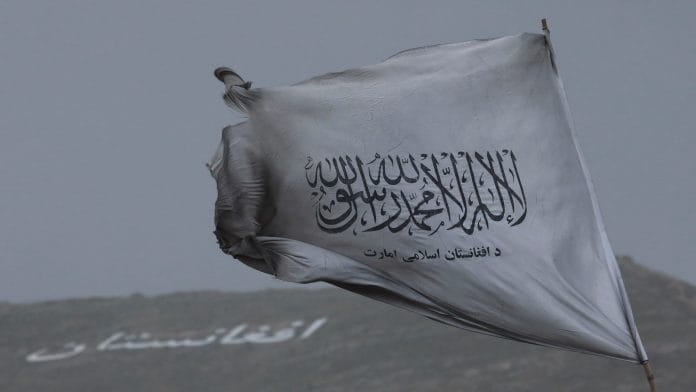New Delhi: In probably its first economic deal since taking over Kabul last year, the Taliban has secured a deal with Russia for the supply of petrol, diesel, gas and wheat to Afghanistan. The deal will first be conducted for an unspecified trial period, after which a more formalised, long-term agreement will fall into place.
Acting Afghan Commerce and Industry Minister Haji Nooruddin Azizi told Reuters that Kabul was looking to diversify its trading partners, and Moscow gave them a deal for the commodities at a steep discount.
The deal could provide major respite to the Afghan economy which has essentially been isolated and cut from global finance since the return of the Taliban to power in August last year. Further, major shortages of food supplies, gas, and oils have made the everyday life of the Afghan people extremely difficult.
Azizi told Reuters that Russia will provide Afghanistan with one million tonnes of petrol, one million tonnes of diesel, 500,000 tonnes of liquefied petroleum gas (LPG) and two million tonnes of wheat per year, as part of the deal.
In June this year, the Afghanistan Chamber of Commerce and Investment (ACCI) signed an agreement with Russia’s Chamber of Commerce and Industry which would allow for the future import of fuel and food into Afghanistan. The commodities deal struck now seems to be a natural progression of the agreement from June.
Though Russia doesn’t formally recognize the Taliban government in Kabul, this isn’t the first time Moscow has engaged with them. Since the 2000s Russia has engaged with Pashtun groups, including the Taliban. In 2015, President Vladimir Putin’s special representative for Afghanistan, Zamir Kabulov, even stated that Russia and the Taliban’s interests converge in dealing with the then threat of ISIS.
After the fall of Kabul, in October 2021, Moscow even hosted the Taliban for an international conference, which included India. After they took over the capital, President Putin argued that it was a “reality” they had to work with.
Further, the Soviet Union’s political, cultural, and economic engagements with Afghanistan go back to the 19th century to the era of the “Great Game” — the 19th-century clash between the British and Russian Empire over Afghanistan, Central and South Asia.
Also read: Taliban calls on Pakistan to stop meddling in Afghanistan’s internal affairs






